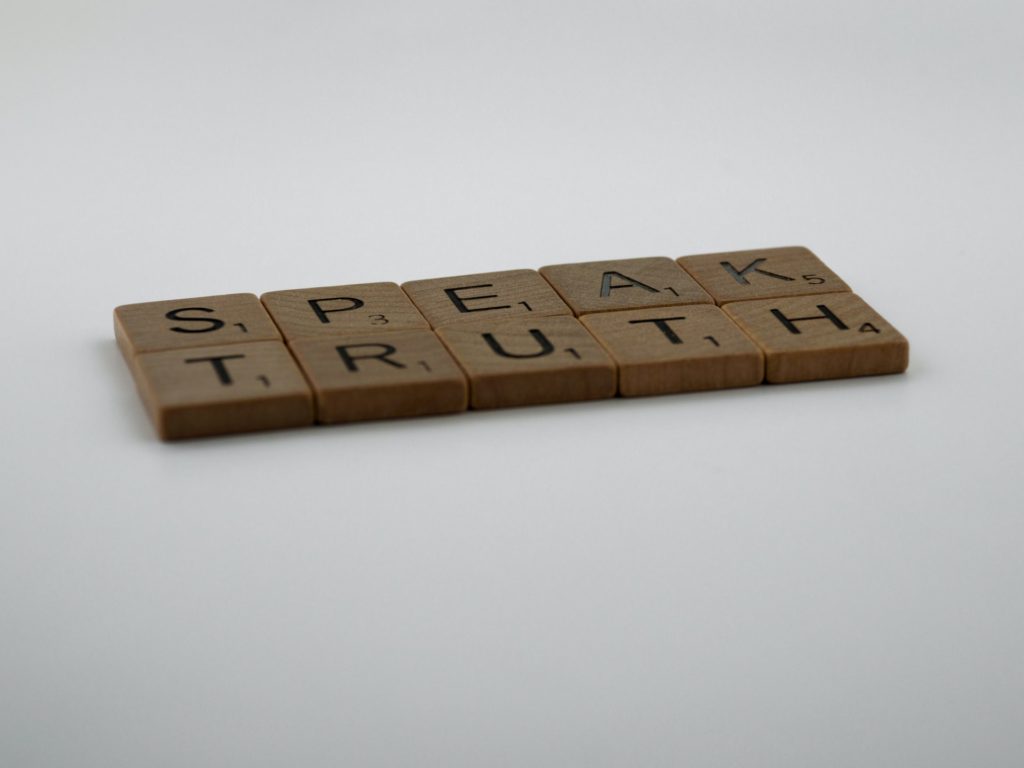For the past few months, an interesting debate has been going on about the presence of Catholic intellectuals in public life. A crossroads of opinions and reflections, between declared Catholics and non-believers, which has proved to be more than necessary in today's society. I suggest, to those who have not yet done so, to take a look at this interesting dialogue that exposes many of the weaknesses that Spanish Catholics, or at least a part of them, suffer from at present. Something that was made clear at the round table discussion "A current debate: intellectuals, Christianity and universities"., held at the University of Navarra.
It is true that there is a certain "silencing" on the part of the media establismentor those who refuse to accept that the fact of professing a faith does not nullify the capacity for reasoning, dialogue or progress. This is true, but it is not only imposed silencing that has led to this situation. It has been compounded by a trend, wonderfully described by Charles J. Chaput: "We Catholics tend to think of the Church as a piece of everyday furniture." . A more or less beautiful piece of furniture, almost always inherited, and that there are moments when we do not know "how to fit it" in the rest of our life. And we do not live for a piece of furniture, nor do we die for it. Nor do we delve into it, beyond rummaging through its drawers in case we find some picturesque object.
It may happen, therefore, that, when the time comes, we do not even know why it is there; we do not know how to respond to those who ask us what meaning our faith has in our lives, whether as intellectuals or as flower sellers. That which is called "giving a reason for our faith" will only be possible if, on the one hand, our faith has clear reasons and reasoning and, on the other, if this reason becomes life, 'informs' it: the testimony of example.

Aurelio Arteta, who cannot be labeled as a fideist, says that "the only way to combat a culture of falsehood, in whatever form it takes, is to consciously live the truth, instead of just talking about it".. Example and word.
We have spent years, dozens of years, talking about the role of Catholics, of the laity, in public life, and, perhaps, and despite our regrets, we have been letting others work, letting "priests train themselves" or simply reducing our faith to a smooth mixture of sentiment and good intentions, to a morality that is followed, sometimes without asking why, or better yet, by whom.
We flee from educated confrontation for lack of rational argument and we can shield ourselves in a combative, trench Catholicism, in which the person of Christ, that powerful reason that gives meaning to faith, ends up reduced to a word - a missile with which we shoot internally and externally.
Deep down, we have a certain fear of "losing" in the conversation, of being "hurt", or perhaps, of being labeled "weird", when the story of the truth is none other than that of being weird, or even somewhat annoying, in a society, any society, in which swimming with the current is always more comfortable. Remembering the great Flannery O'ConnorYou shall know the truth, and the truth shall make you strange".
Director of Omnes. Degree in Communication, with more than 15 years of experience in Church communication. She has collaborated in media such as COPE or RNE.




 "The Christian vision integrates realities that ideologies have separated."
"The Christian vision integrates realities that ideologies have separated."





